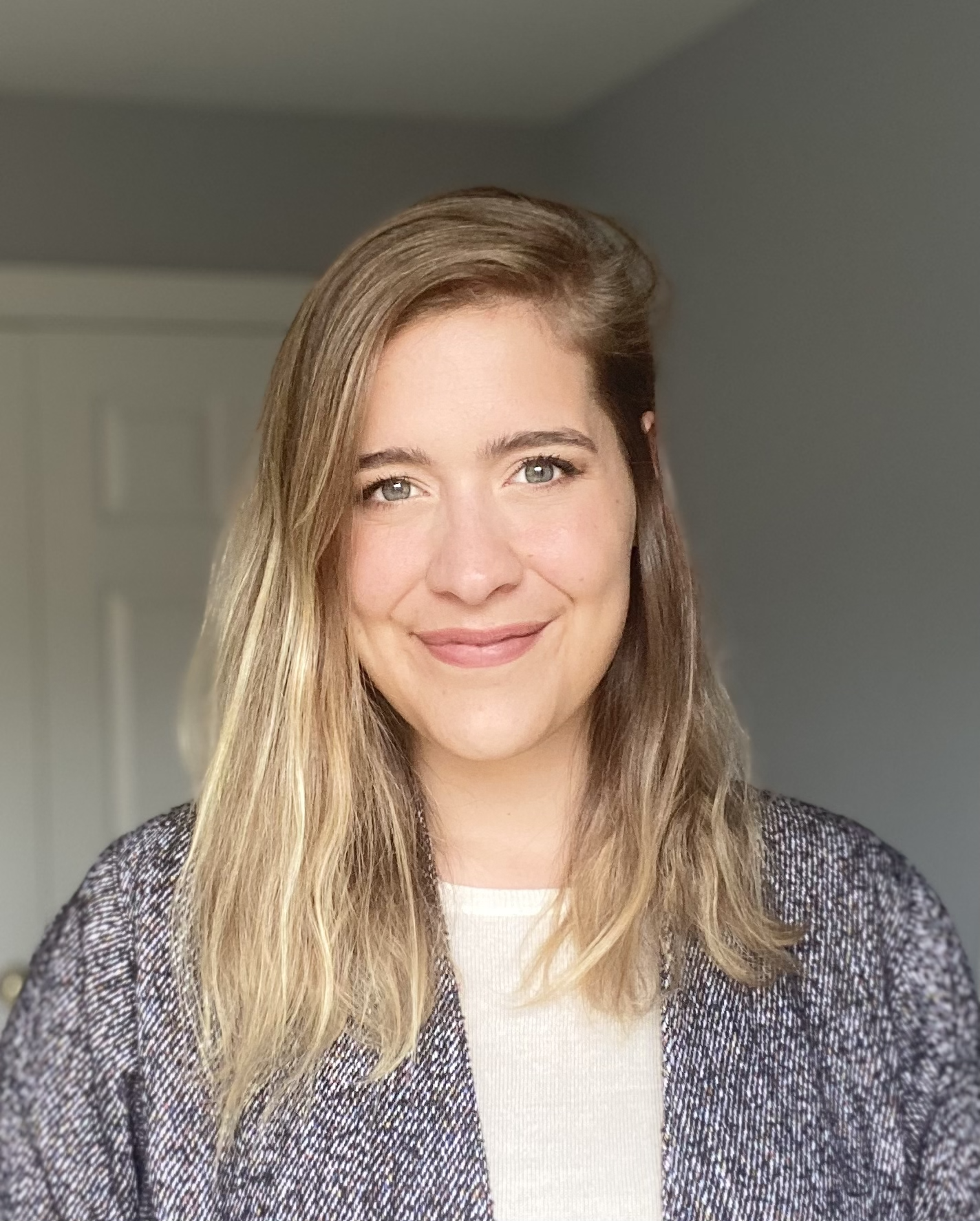Symposia
Culture / Ethnicity / Race
1 - (SYM 142) Feasibility and Preliminary Efficacy of the Trauma-sensitive Adjunctive Interventions for Latina Immigrants Who Have Experienced Trauma
- SB
Shannon Blakey, Ph.D.
Clinical Research Psychologist
RTI International
Research Triangle Park, North Carolina 
Heidi J. Ojalehto, B.S.
Student
UNC Chapel Hill
Chapel Hill, North Carolina
Samantha N. Hellberg, M.A. (she/her/hers)
PhD Candidate; Intern
UNC Chapel Hill; VA Puget Sound, Seattle
Chapel Hill, North Carolina- SB
Shannon Blakey, Ph.D.
Clinical Research Psychologist
RTI International
Research Triangle Park, North Carolina - MH
Molly Hayes, LCMHC (she/her/hers)
Director of Clinical Enhancement Services
El Futuro
Durham, North Carolina - LS
Luke Smith, M.D.
Director/Psychiatrist
El Futuro
Durham, North Carolina - LM
Lissette M Saavedra, PhD (she/her/hers)
Senior Research Psychologist
RTI International
Research Triangle Park, North Carolina - AM
Antonio A. Morgan-Lopez, Ph.D. (he/him/his)
Fellow
RTI International
Research Triangle Park, North Carolina
Speaker(s)
Co-author(s)
Background: Latina immigrants to in the U.S. are at particular risk for trauma exposure, reporting higher rates of pre- and post-migration trauma compared to their non-Latino immigrant counterparts. Trauma-focused interventions are effective for some populations but are associated with poor treatment engagement and retention and may not be appropriate or salient for Latina immigrants. This study examined the feasibility and acceptability of the Bienestar y Esperanza adjunctive mental health program with trauma-exposed Latinas as week as whether participants showed reductions in depression, anxiety, and stress after the program.
Methods: Participants were 85 women clients presented to a community based organization for anxiety, depression, and/or acute stress. The Bienestar y Esperanza Program, funded by the hope & grace Initiative (a project of New Venture Fund in partnership with the global women’s skincare brand, Philosophy, Inc.), was developed to treat symptoms associated with PTSD, clinical anxiety, and depression in Latinas. It consists of three culturally adapted 8-week groups: Mente Sana (a Dialectical Behavior Therapy-based skills group), Logrando la Calma (a group integrating trauma sensitive yoga and Mindfulness-Based Stress Reduction techniques), and Movimientos Conscientes (a Trauma Centered Trauma Sensitive Yoga group). Participants completed the Depression, Anxiety and Stress Scale-21 (DASS-21) psychosocial functioning and social isolation measures. Program acceptability and satisfaction was assessed via a post-program.
Results: Across all 3 groups, significant reductions were observed in the DASS-21 total score Anxiety and Stress subscale scores. No significant change was observed in the DASS-21-Depression subscale score. Participants reported significant improvements in psychosocial functioning and reduced social isolation. In addition, 92% of participants reported high acceptability and satisfaction with the groups.
Conclusion: Latina immigrants who completed the Bienestar y Esperanza program reported reductions in psychological distress and social isolation, improvements in functioning, and increased willingness to engage in trauma-focused care. These findings provide preliminary support for the efficacy and feasibility of the Bienestar y Esperanza program. Future clinical trials are needed in larger samples to understand the comparative effectiveness and scalability of the Bienestar y Esperanza program groups.

